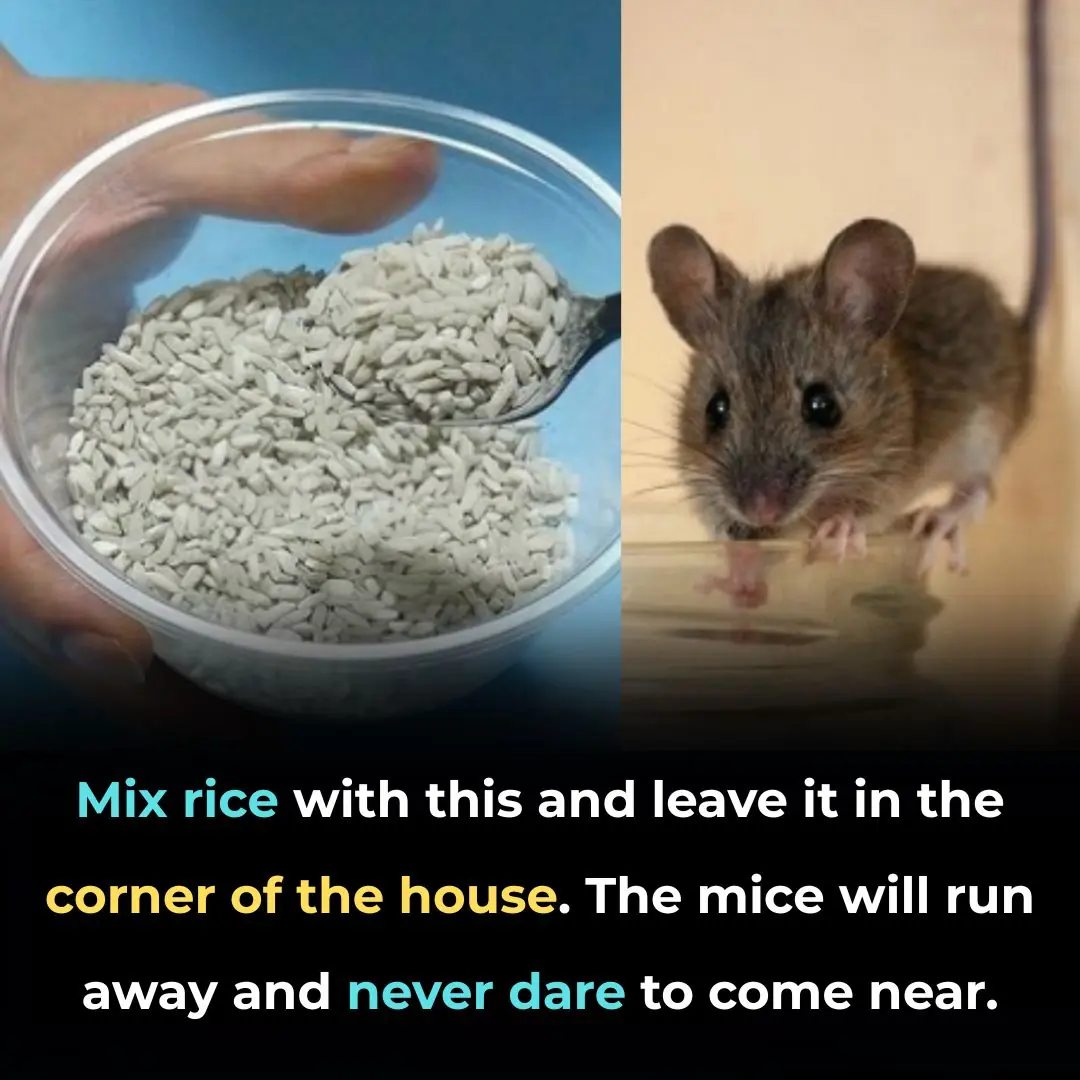
Shingles Vaccine May Protect Against Dementia, New Study Suggests
Could a simple vaccine hold the key to protecting the brain against one of the most feared diseases of aging?
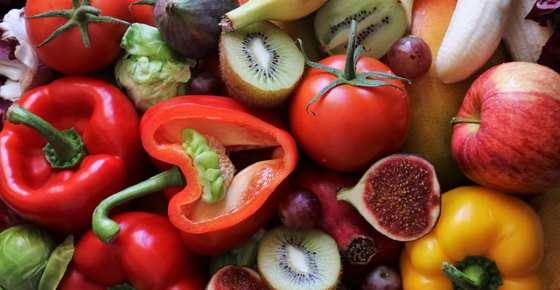
Maintaining a healthy diet plays a vital role in reducing your risk of developing serious illnesses, including cancer. While no single food can completely prevent cancer, research shows that consuming a wide variety of nutrient-rich, anti-inflammatory foods can significantly lower your overall risk. Incorporating plenty of green leafy vegetables, fresh fruits, berries, nuts, seeds, legumes, and oily fish into your daily meals can offer powerful protection against many chronic health conditions.
The most effective cancer-fighting diets are built around foods that are rich in vitamins, minerals, antioxidants, and plant-based compounds that help to strengthen your immune system and fight inflammation. These nutrients don't just support your overall health—they actively contribute to your body’s natural defense against the development of abnormal cells.
In fact, numerous studies have confirmed the link between dietary habits and the risk of developing cancer. Natural compounds found in many whole foods—such as lycopene, carotenoids, phytochemicals, sulfur compounds, fiber, and chlorophyll—have all been associated with cancer prevention. When consumed regularly as part of a balanced diet, these elements may help stop the development or spread of cancerous cells.
This article explores the most scientifically supported cancer-fighting foods and spices and shows you how to incorporate them into a healthy lifestyle to reduce your cancer risk and improve overall wellness.
Medical experts around the world agree: there is a strong connection between what we eat and the likelihood of developing cancer. Numerous studies have concluded that a healthy, nutrient-dense diet may lower your cancer risk by up to 40%. That’s a significant number that highlights the importance of daily food choices.
According to research published in the Nutrition Journal, foods that are high in vitamin C, vitamin D, selenium, chlorophyll, and other antioxidants have shown promising results in the fight against cancer. These nutrients can help neutralize free radicals, reduce inflammation, and support the repair of damaged cells before they can mutate.
One particularly notable food in the world of cancer prevention is broccoli sprouts—a true superfood. Rich in sulforaphane and other beneficial compounds, broccoli sprouts have been shown to inhibit the growth of certain cancer cells in laboratory settings.
If you’re looking to reduce your cancer risk through nutrition, it’s essential to follow some key dietary principles. A cancer prevention diet should emphasize:
High intake of fresh fruits and vegetables (aim for at least 5–9 servings per day)
Increased dietary fiber, which promotes digestive health and may reduce colorectal cancer risk
Healthy fats, particularly omega-3 fatty acids from oily fish or plant-based sources
Minimizing red meat, processed meats, and sugary, refined foods
Avoiding trans fats and excessive alcohol
Equally important is variety: combining a wide range of plant-based foods ensures you're getting a full spectrum of cancer-fighting nutrients.
Kale is loaded with cancer-fighting nutrients, making it a must-have in your diet:
High levels of vitamin C, K, beta-carotene, and polyphenols
Contains glucobrassicin, a glucosinolate that the body converts to indole-3-carbinol, a compound shown to inhibit cancer cell proliferation.⁸
A 2017 study found that kale had a protective effect on liver cells, reducing oxidative stress and protecting against DNA damage caused by environmental toxins.⁹
You can enjoy kale raw, steamed, in soups, or as a crunchy snack by baking it into kale chips.
Broccoli is arguably one of the most studied anti-cancer vegetables. It’s particularly rich in sulforaphane, especially in its sprouted form.
Clinical research published in Future Oncology found that broccoli and broccoli sprouts have a potent preventive effect against cancer.¹⁰ In a notable study, men who consumed broccoli sprouts daily experienced a decreased risk of prostate cancer, thanks to sulforaphane's ability to inhibit tumor progression.¹¹
Bonus tip: Lightly steaming broccoli increases the availability of sulforaphane, while boiling it may destroy this vital compound.
Cabbage is another cruciferous vegetable with cancer-fighting potential. In one animal study, a compound in cabbage called phytoalexin was found to have cancer-inhibiting effects.¹²
Cabbage is versatile and budget-friendly—perfect for salads, stir-fries, or fermented into gut-friendly sauerkraut.
Vibrantly colored vegetables—carrots, red bell peppers, sweet potatoes, tomatoes, beets—are loaded with carotenoids and flavonoids, potent antioxidants that reduce inflammation and oxidative stress.
A study published in Advances in Nutrition found that yellow, orange, and red vegetables significantly reduce the risk of various cancers, particularly colorectal and prostate cancers.¹³
Eating a wide spectrum of colors daily provides a broader range of protective phytochemicals.
Tomatoes are one of the best natural sources of lycopene, an antioxidant linked to:
Lower risk of prostate cancer
Reduced risk of lung and stomach cancers
Cooking tomatoes actually enhances the bioavailability of lycopene. For optimal absorption, pair them with a healthy fat like extra virgin olive oil.¹⁴
Beets are high in betanin, a pigment that offers chemo-preventive effects. Beetroot extract has shown promise in:
Reducing inflammation
Detoxifying cells
Supporting healthy immune function
One study even noted that a beetroot and carrot juice blend was beneficial for patients with chronic lymphocytic leukemia.¹⁵
No single vegetable will prevent cancer, but regularly consuming a variety of green leafy and cruciferous vegetables builds a strong foundation for disease prevention. Aim to fill half your plate with colorful vegetables at every meal.
Here’s how to get started:
Add spinach to your morning smoothie
Make a kale and chickpea salad for lunch
Enjoy steamed broccoli with dinner
Snack on veggie sticks with hummus or guacamole
Coming up next, we’ll explore the role of fiber, legumes, berries, nuts, seeds, and more in building a well-rounded anti-cancer diet.

Could a simple vaccine hold the key to protecting the brain against one of the most feared diseases of aging?

From elevated cancer rates to stress-induced cardiovascular disease, the profession carries health costs that demand greater awareness and intervention.




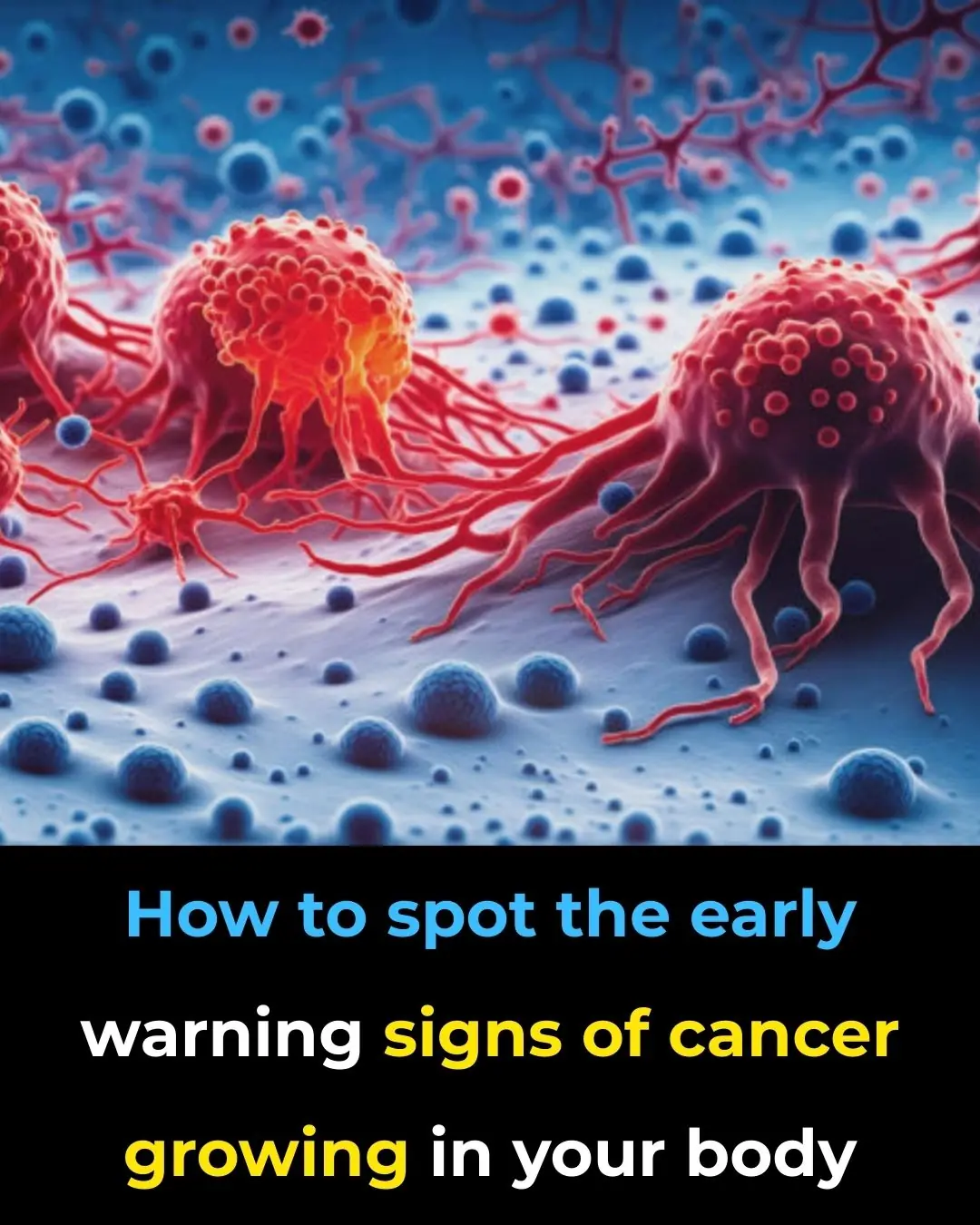


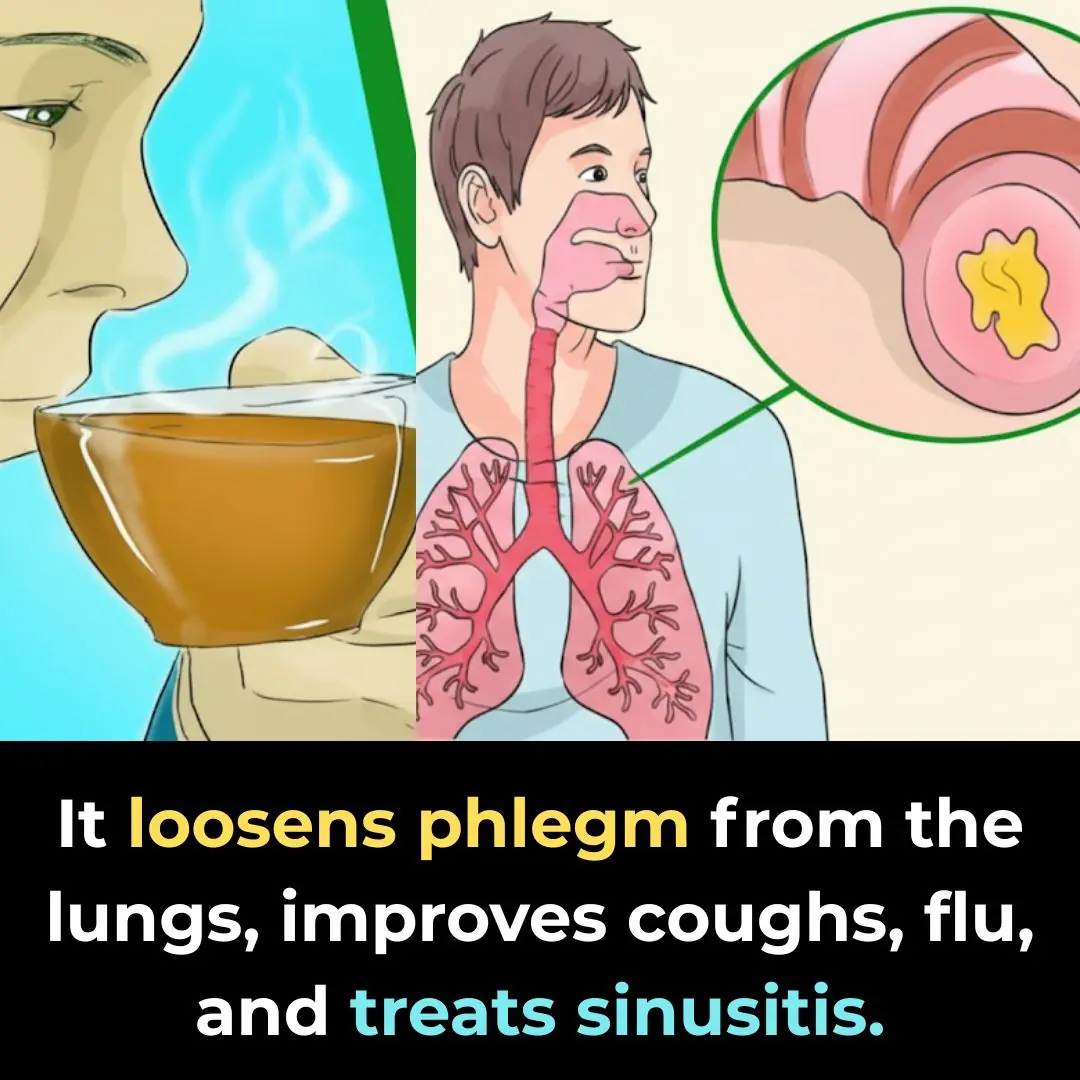

Catching these subtle, non-motor clues may help identify Parkinson’s long before the motor stage, opening the door to interventions that could delay its full expression.

While debate continues over its official recognition, the research shines a spotlight on the neurological toll of modern labor demands and could pave the way for tailored treatments in the future.

The study authors emphasize that these findings mark only the beginning.



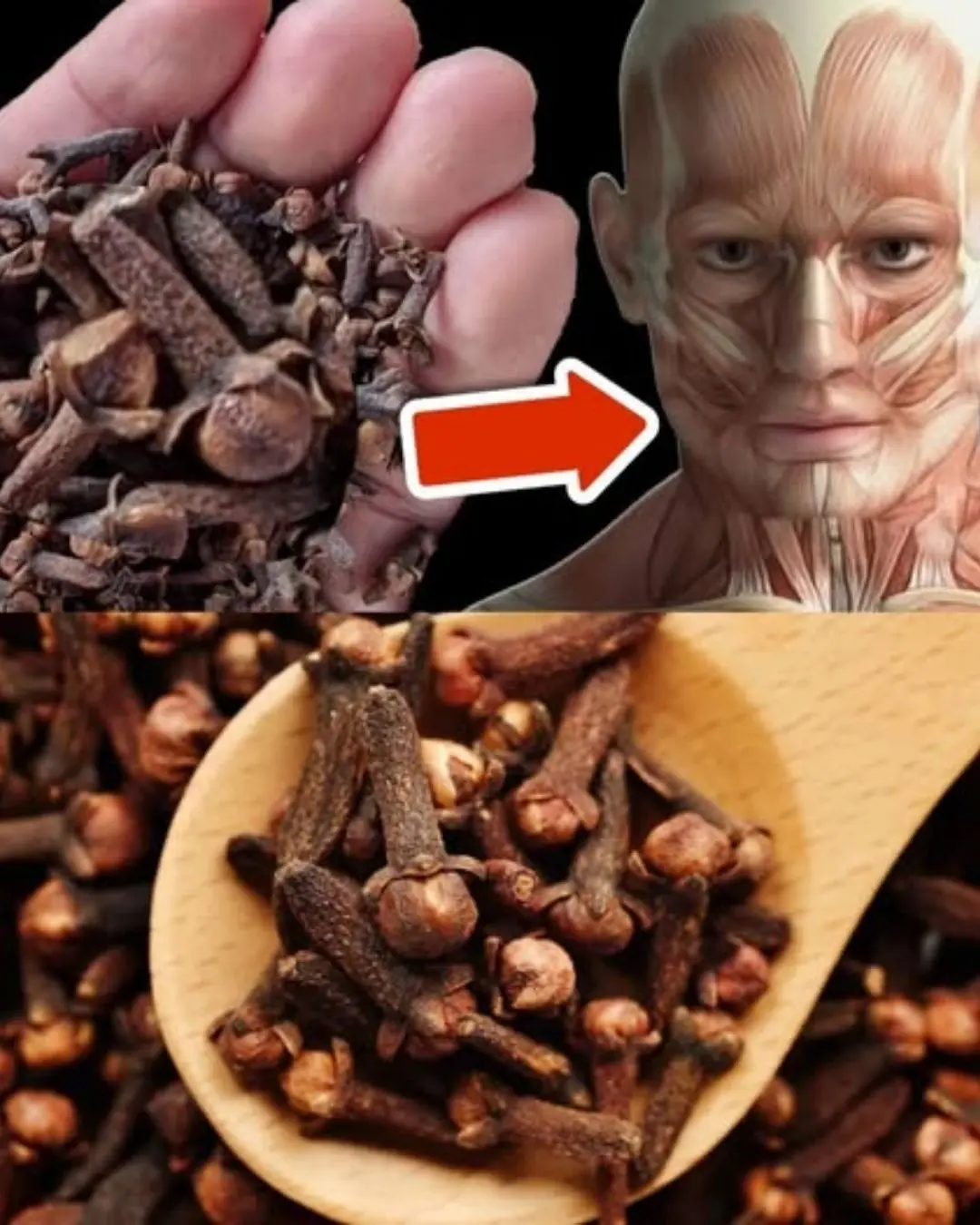
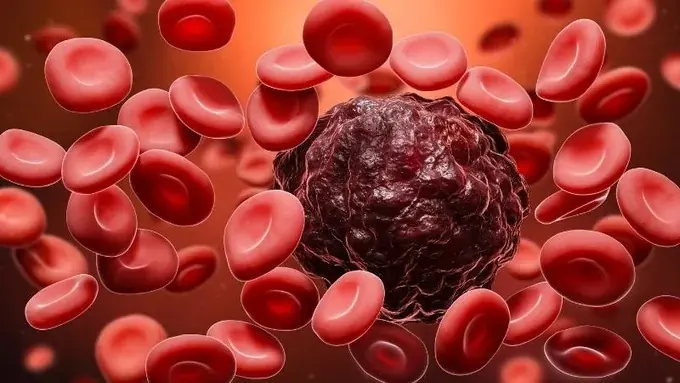



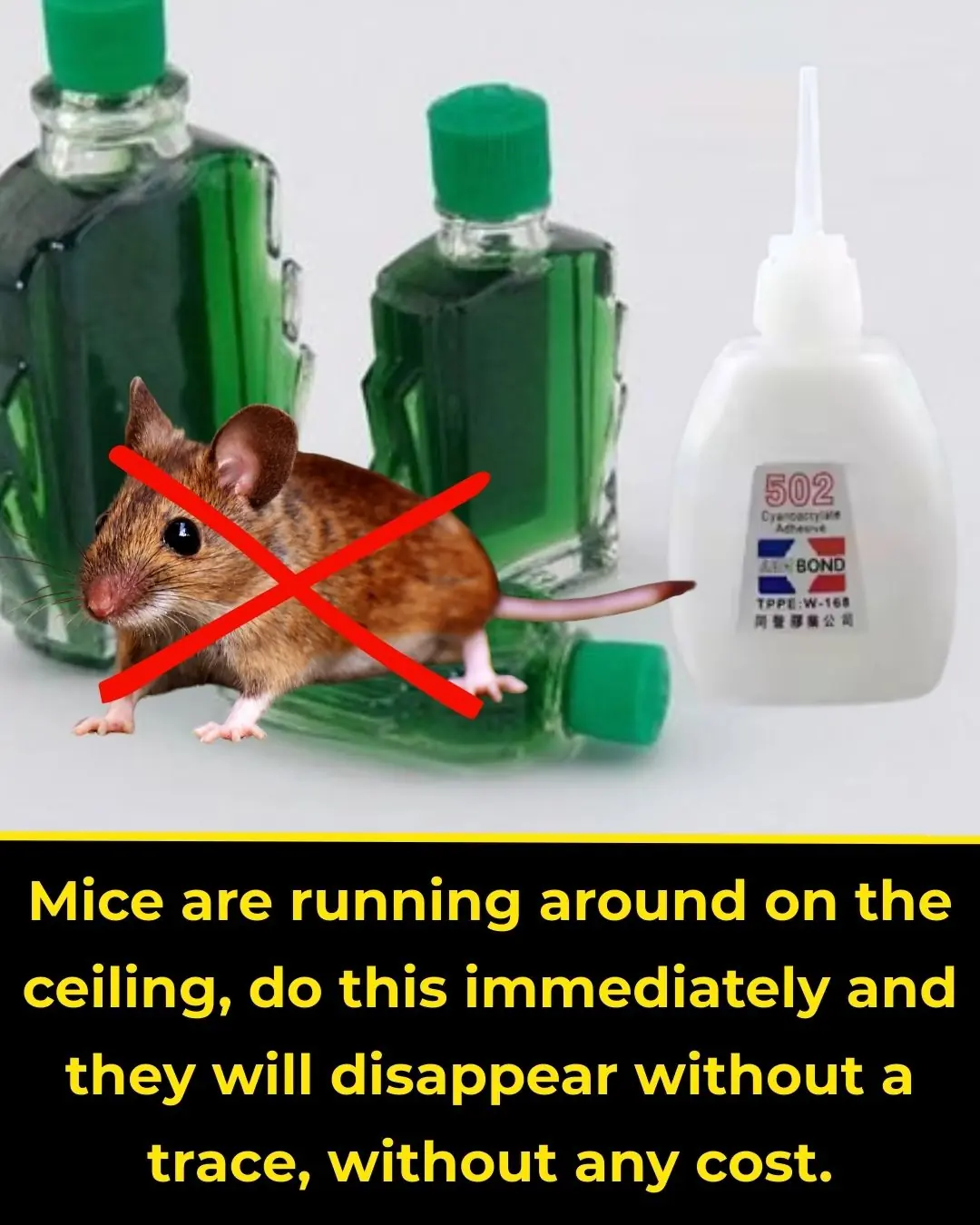

Could a simple vaccine hold the key to protecting the brain against one of the most feared diseases of aging?
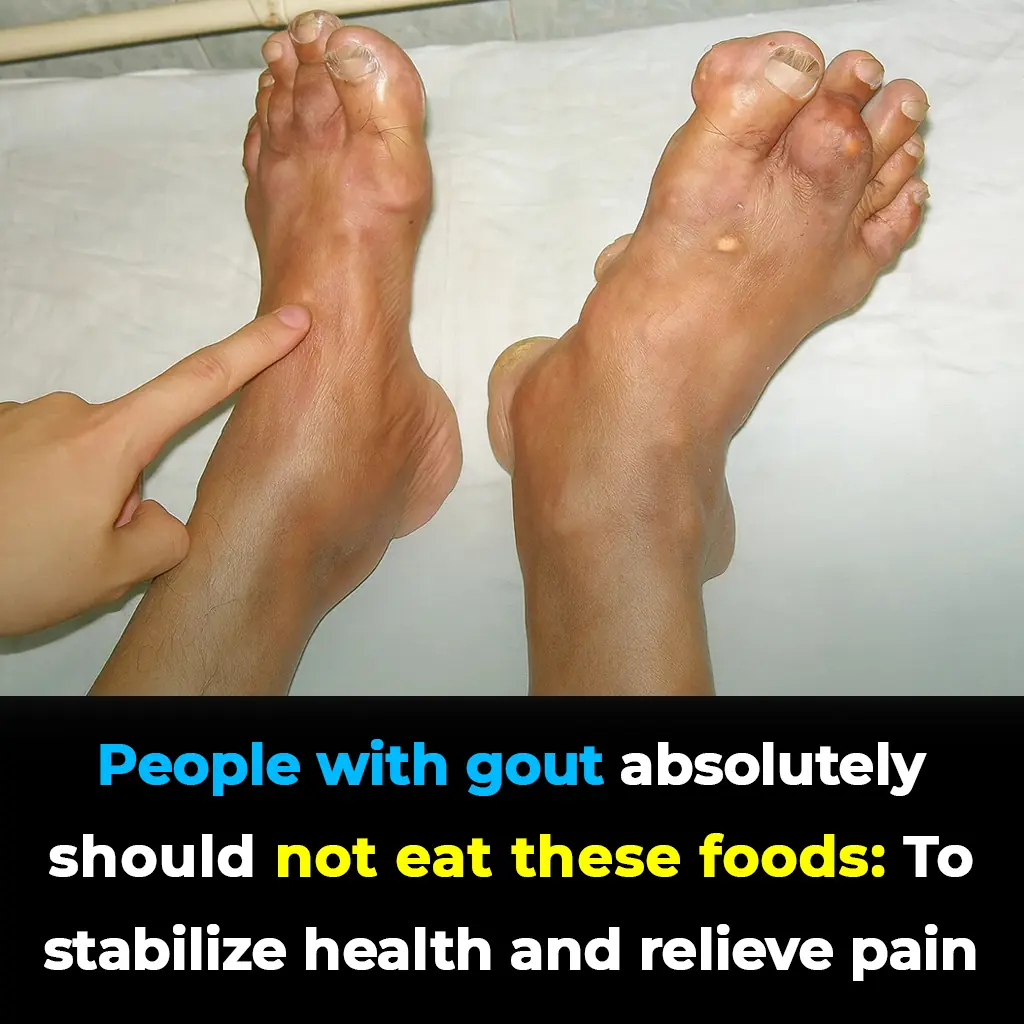
Avoiding purine-heavy foods like organ meats, processed meats, certain fish, and yeast-based products can help reduce flare-ups and maintain joint health.

From constant-use devices like refrigerators to high-powered kitchen tools, every household has hidden electricity traps.

From elevated cancer rates to stress-induced cardiovascular disease, the profession carries health costs that demand greater awareness and intervention.


Homemade carrot oil is a simple, nutrient-packed solution for brighter, firmer, and deeply hydrated skin. Whether you choose the slow, nutrient-preserving sun infusion or the quick simmering method, this golden oil can rejuvenate your skin from the inside








